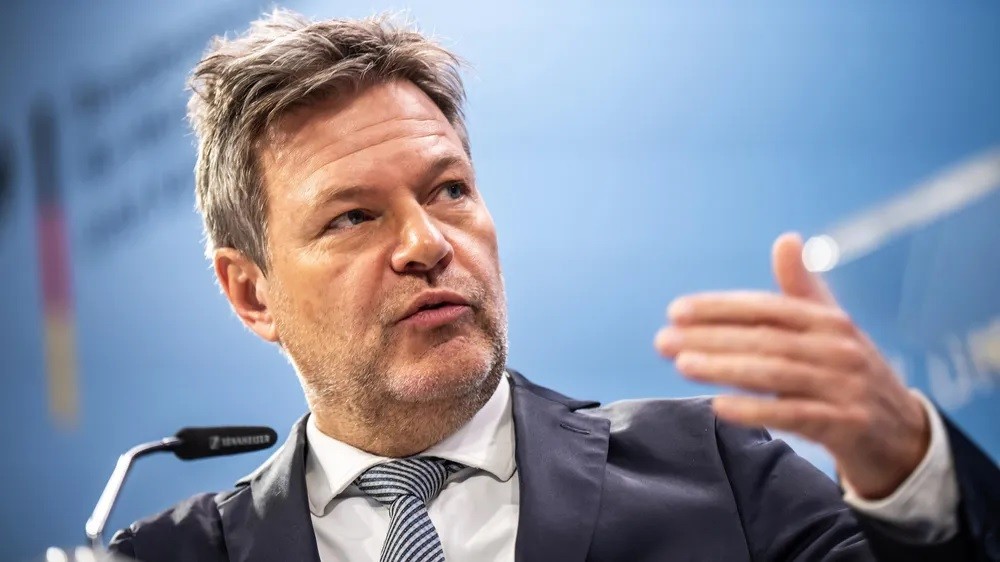 |
| German Economy Minister Robert Habeck. (Source: DPA) |
Facing fears of deindustrialization, Germany sought to adopt a French-style industrial policy in 2023, including large subsidies and “Buy European” protectionist provisions. However, the decision has run into restrictions sooner than expected.
Before 2023 began, German Economy Minister Robert Habeck correctly predicted what would dominate the year's economic policy agenda.
“Next year will definitely be dominated by industrial policy,” he told an industry conference in November 2022.
Minister Habeck knows that there will be an uphill battle in 2023 because the “German business model” has been called into question. Because cheap Russian gas, which many producers rely on, is no longer flowing to the Western European country due to Moscow’s use of “energy weapons”.
With the advantage of cheap gas gone, the last nuclear power plants closed and conditions really bad for renewable energy, many in Germany realize that keeping all industry at home, especially energy-intensive basic industries like steel or chemicals, will be a difficult task, and may not even be worth it.
But Minister Habeck is ready to fight, giving government agencies a much more active role than previously known.
“Those who believe that we will let Germany collapse as an industrial location have not taken German industry into account,” he said.
It is also a message to China, the United States and others, which are trying to lure German and European Union (EU) companies to build production sites on their soil rather than in Europe, including by using large subsidies.
Use money to compete
In response, Secretary Habeck is willing to use money to compete with the US Inflation Reduction Act (IRA) and China's industrial policy.
While the European Commission (EC), in particular Commission President Ursula von der Leyen and EU Internal Market Commissioner Thierry Breton, largely share Mr Habeck's intentions, they want to see this done at the EU level rather than individual countries.
This set off a debate that ran for much of the spring and summer of 2023, to decide whether it should be done at EU level or within individual member states, something many feared could give rich and large countries – like Germany – a clear advantage.
However, in the end, the EC had to give in to its most powerful member state and abandon the idea of new EU-level debt to finance the subsidy push.
Instead, despite warnings from competition chief Margrethe Vestager, the EC has opened the door to national subsidies, adopting a temporary scheme that allows EU countries to “bundle” foreign subsidies with their own offers.
And, it quickly became clear, the warnings about Germany's advantage in this subsidy race were well-founded, as the country can spend almost as much on state aid as all the other member states combined.
For some time, the EC has been talking about a “structural remedy” against this imbalance in the form of a European Sovereign Fund.
But when the Commission finally presented its long-term EU finance review this summer, what was left of the European Sovereign Fund was a disappointment. A Strategic Technology Platform for Europe (STEP) with a budget of just €10 billion was proposed. And as negotiations between member states got underway, it looked like this might not materialise after all.
Meanwhile, Berlin's ability to provide 10 billion euros in credit to a chip factory belonging to US giant Intel and 5 billion euros to a factory belonging to Taiwan's TSMC (China), shows Germany's ambition to put money on the negotiating table.
Last November, the German Federal Constitutional Court abruptly ruled that the repurposing of 60 billion euros allocated for the Covid-19 pandemic into green initiatives in the Climate and Transition Fund (KTF) was unconstitutional, affecting the “French-style” industrial support policy that Germany is applying.
After weeks of debate, German government leaders announced on December 13 that some of the fund would be retained, including money for chip, steel and hydrogen production. However, the fund had to cut a total of 45 billion euros, including some ambitions to bring solar panel production back home.
Push China out of the game
New developments have led Germany to a second type of industrial policy, in which Berlin hoped to adopt a more “Parisian style”, but was ultimately thwarted by reality.
French President Emmanuel Macron has long called for copying the most controversial aspect of the IRA, the “local content” rules, often referred to as the “Buy American” clause in public debate, which would limit subsidies for products like electric cars to those made in the US.
The French were hopeful when the EC announced its “Net-Zero Industry Act” to try to boost domestic cleantech production. The first draft even allowed for some “Buy European” rules to be introduced by member states.
And Germany appears to have agreed, at least for a while, as Minister Habeck called for European “domestic content” rules to be adopted at the 2023 industry conference.
But pushback has been growing rapidly, coming from two camps. On one side are those who value free trade and global price competition. They warn against starting a protectionist trade war.
On the other side are those concerned about the rapid build-out of renewable energy. They argue that excluding 80% of the world’s solar photovoltaic modules from China (the cheapest source) could jeopardize Europe’s renewable energy targets.
Germany, concerned about both, has therefore abruptly abandoned the EC proposal, leaving only 20% of renewable energy auctions subject to some “resilience” criteria that could favour domestic production.
However, the European Parliament is pushing for a much stronger provision that would exclude Chinese manufacturers from many subsidy programs, so the results of Europe’s push to boost domestic production rather than imports will only become clear next year.
However, while industrial policy may not dominate the 2024 European Parliament elections, getting it right will still have a huge impact on the continent's prosperity for decades to come.
Source






![[Photo] Binh Trieu 1 Bridge has been completed, raised by 1.1m, and will open to traffic at the end of November.](https://vphoto.vietnam.vn/thumb/1200x675/vietnam/resource/IMAGE/2025/10/2/a6549e2a3b5848a1ba76a1ded6141fae)



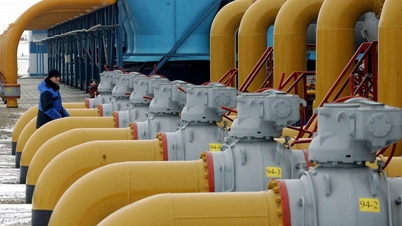

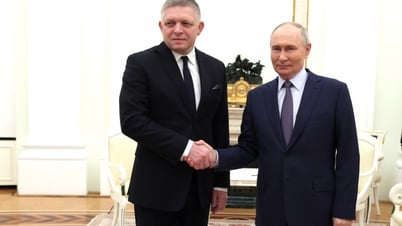

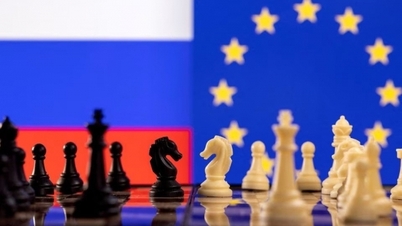

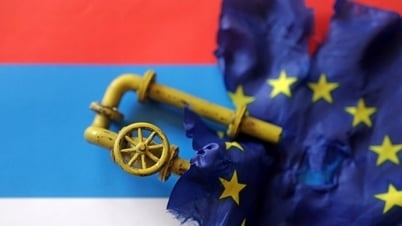
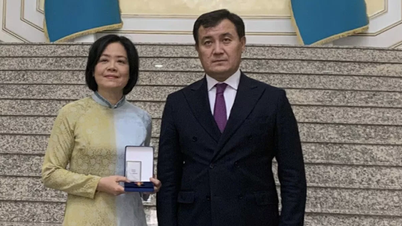

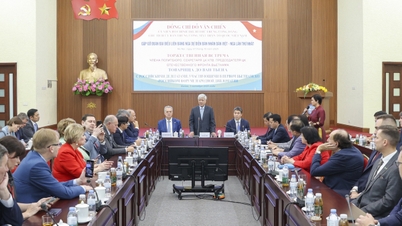

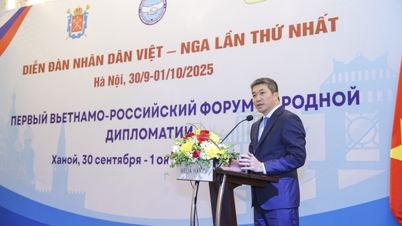
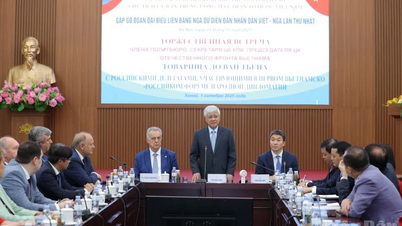







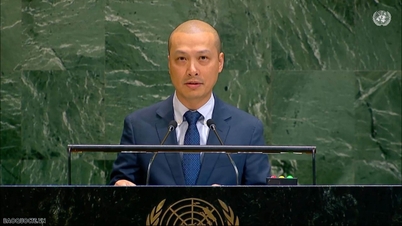

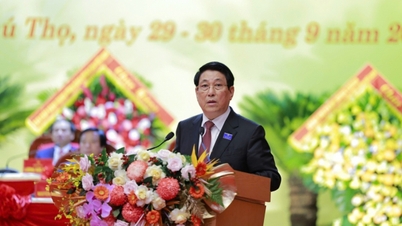













































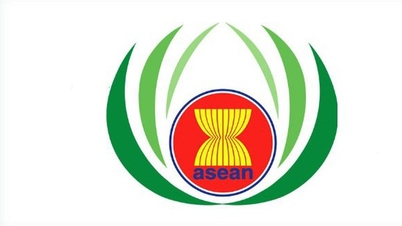

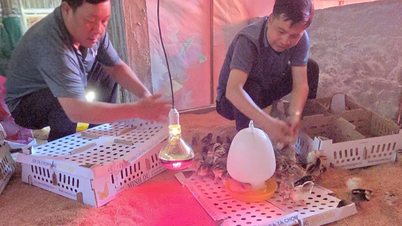



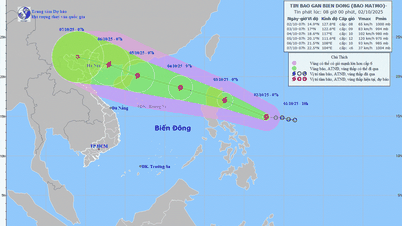
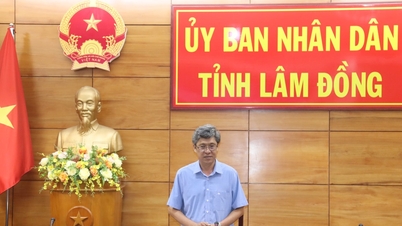


















Comment (0)